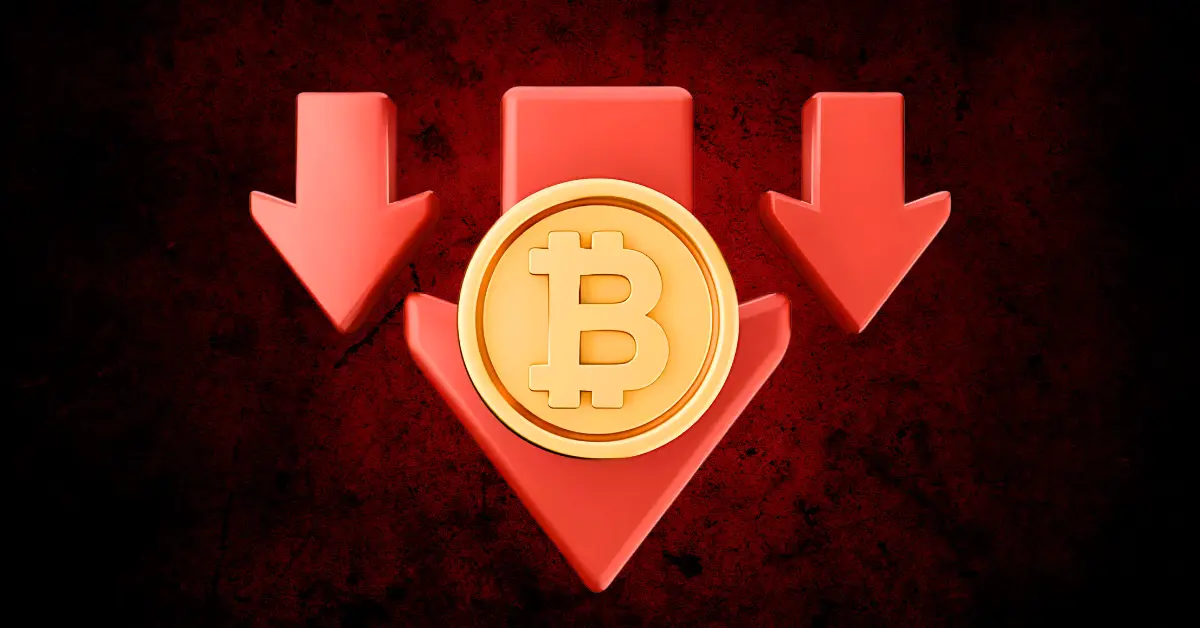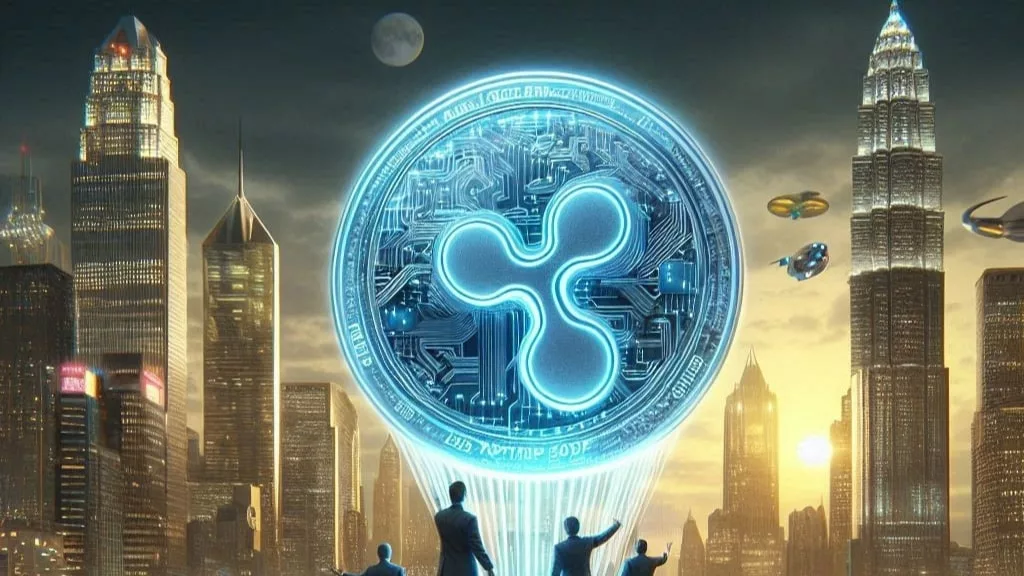Uranium Finance Protocol Migration Hack: A Detailed Analysis
In April 2021, the decentralized finance (DeFi) community was hit by a significant setback when the Uranium Finance protocol suffered a major hack, resulting in a loss of approximately $50 million. This incident, which has since been the subject of extensive investigation and analysis, raises important questions about the security of decentralized finance platforms and the potential consequences of such breaches.
The Hack: What Happened?
The Uranium Finance protocol is a decentralized lending and borrowing platform built on the Binance Smart Chain. The hack occurred when an attacker exploited a vulnerability in the platform’s smart contracts, allowing them to mint and borrow large amounts of URN, Uranium Finance’s native token, without providing sufficient collateral. The attacker then proceeded to sell the newly minted tokens on the open market, causing a significant price drop and resulting in substantial losses for other users.
Impact on Individual Users
For individual users of Uranium Finance, the hack resulted in significant financial losses. Some users reported losing tens of thousands of dollars worth of cryptocurrency, while others were left with large debts as a result of the price drop in URN. The attack also highlighted the risks associated with decentralized finance and the potential for large losses due to the volatility and complexity of these platforms.
Impact on the Decentralized Finance Ecosystem
The Uranium Finance hack also had wider implications for the decentralized finance ecosystem as a whole. The incident raised concerns about the security of other decentralized finance platforms and the potential for similar breaches in the future. It also led to increased scrutiny from regulators and traditional financial institutions, who have long expressed skepticism about the safety and reliability of decentralized finance.
Lessons Learned and Moving Forward
The Uranium Finance hack serves as a reminder of the importance of security in the decentralized finance space. Developers and users alike must take steps to mitigate the risks associated with these platforms and ensure that they are as secure as possible. This may include implementing more robust security measures, conducting regular audits and vulnerability assessments, and educating users about the risks and complexities of decentralized finance.
Conclusion
The Uranium Finance hack was a significant setback for the decentralized finance community, resulting in substantial financial losses for individual users and raising concerns about the security of these platforms. While the incident highlighted the risks associated with decentralized finance, it also underscored the importance of continued innovation and improvement in this rapidly evolving space. As the decentralized finance ecosystem continues to grow and mature, it will be essential for developers and users to work together to ensure that these platforms are secure, reliable, and accessible to all.
- Decentralized finance platforms face significant risks due to the complexity and volatility of the assets involved.
- The Uranium Finance hack resulted in substantial financial losses for individual users.
- The incident raised concerns about the security of other decentralized finance platforms and led to increased scrutiny from regulators and traditional financial institutions.
- Continued innovation and improvement will be essential to ensuring the security and reliability of decentralized finance platforms.





